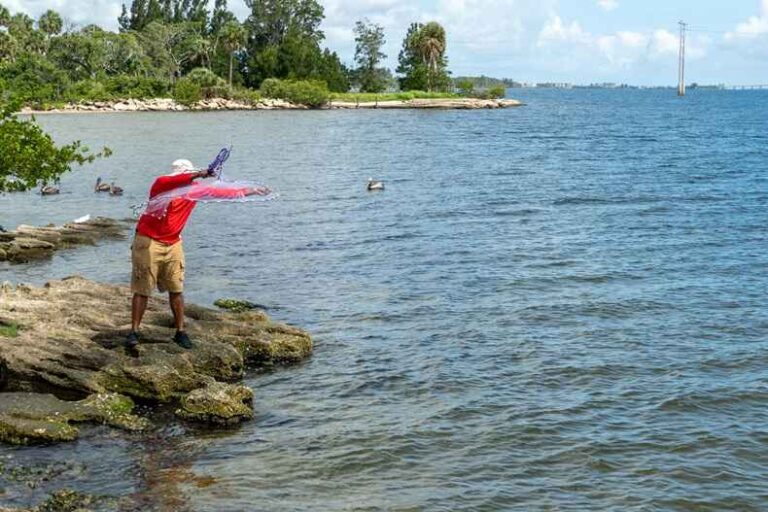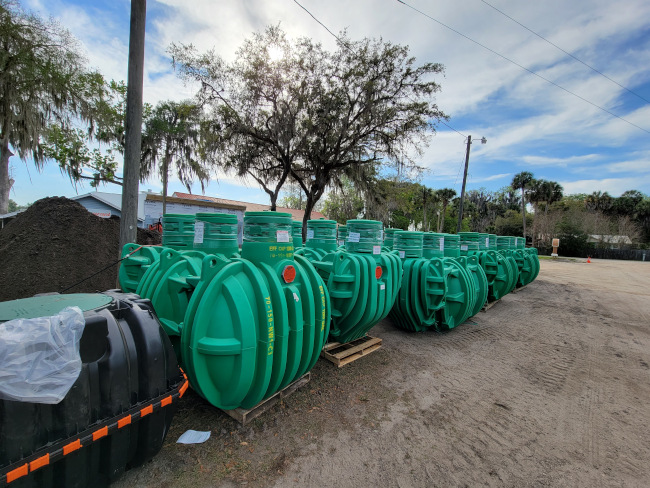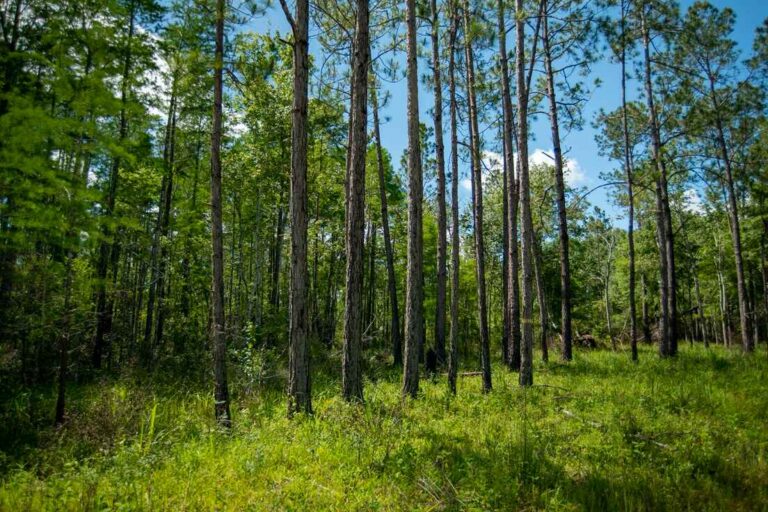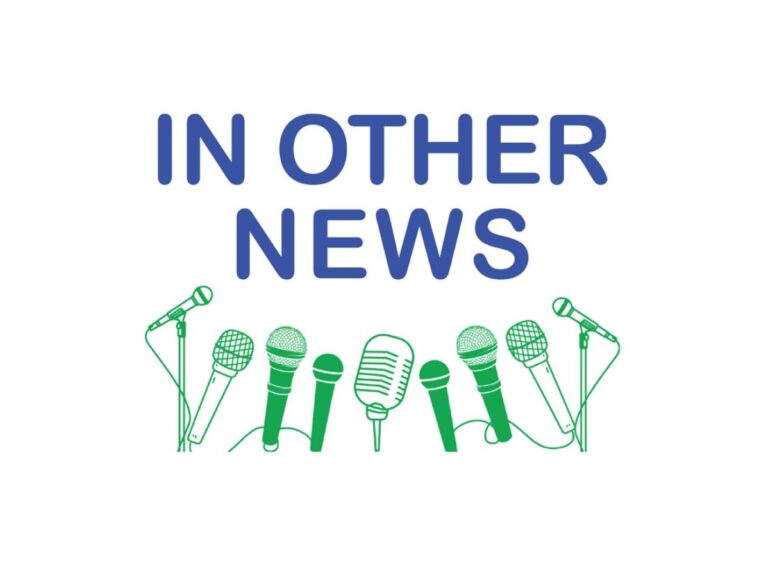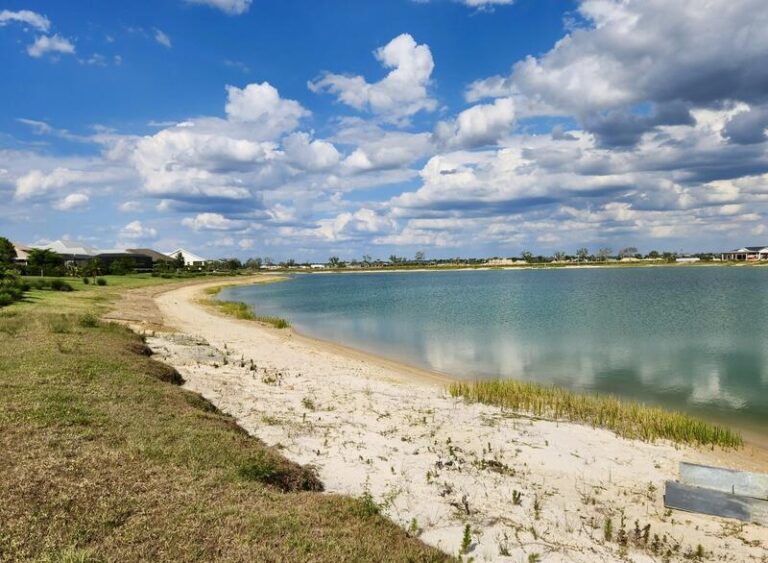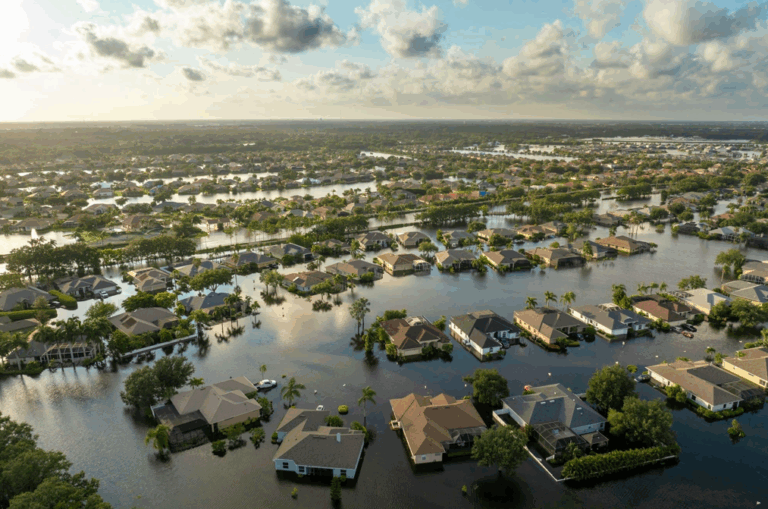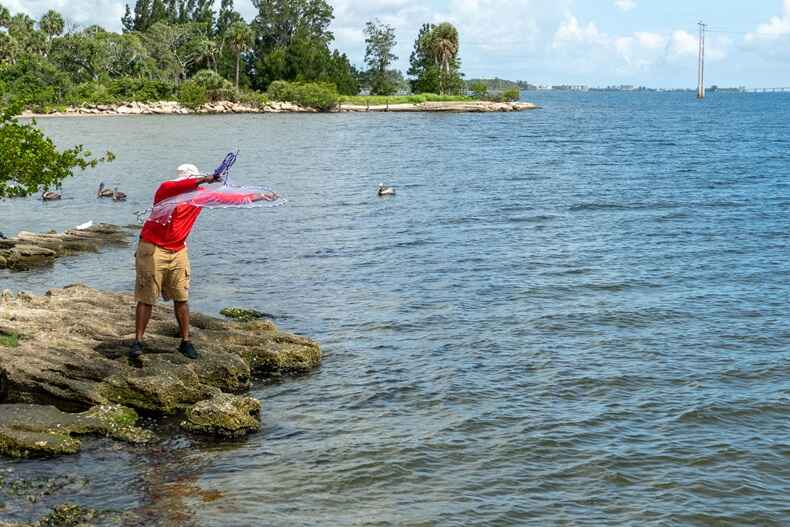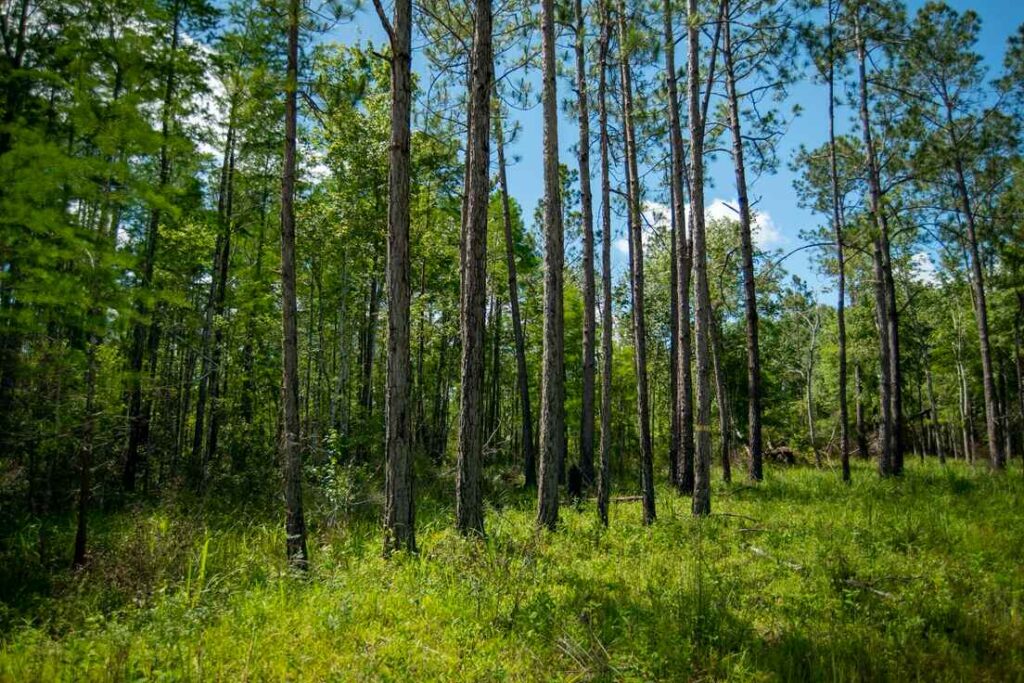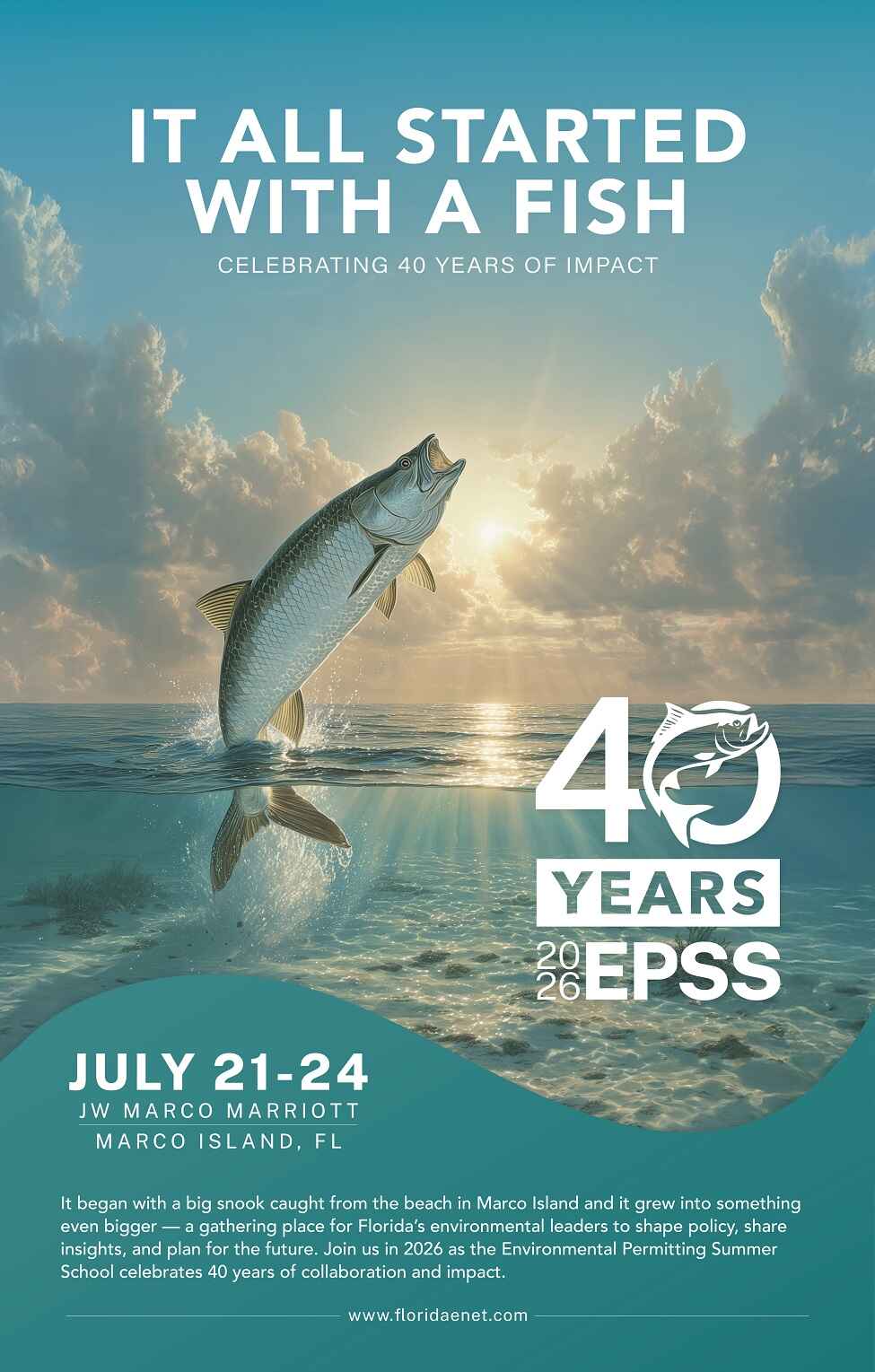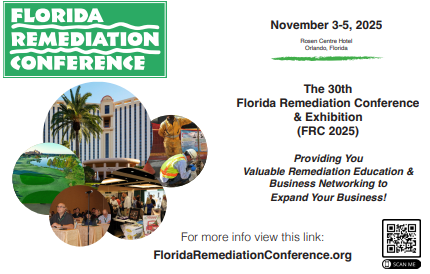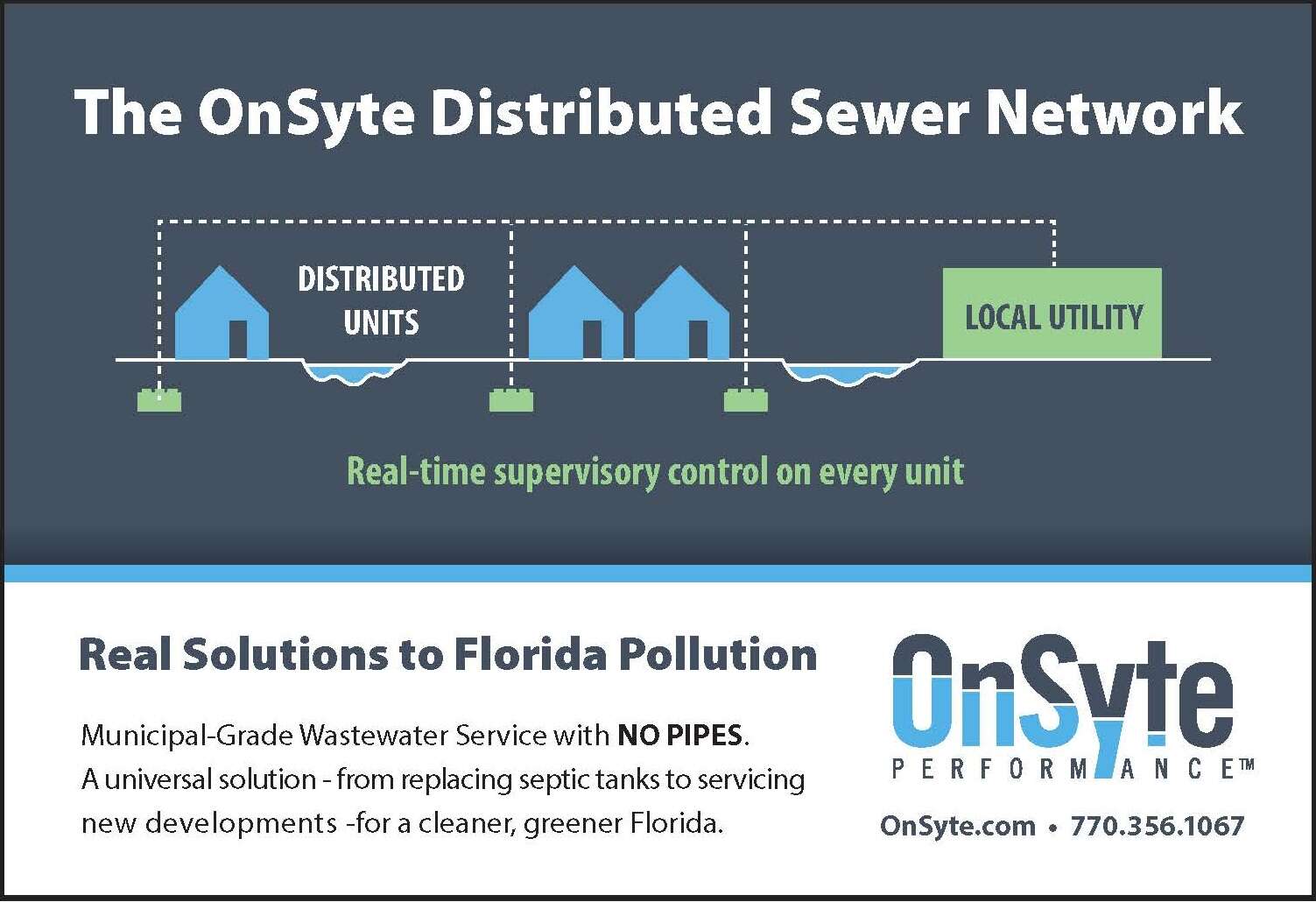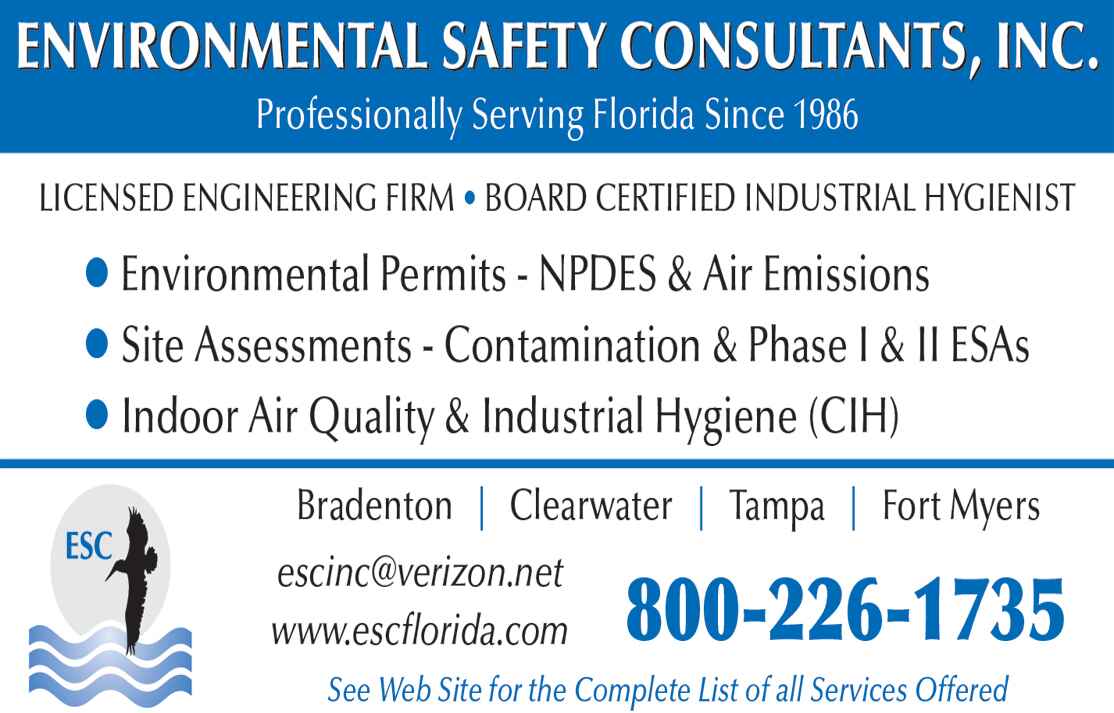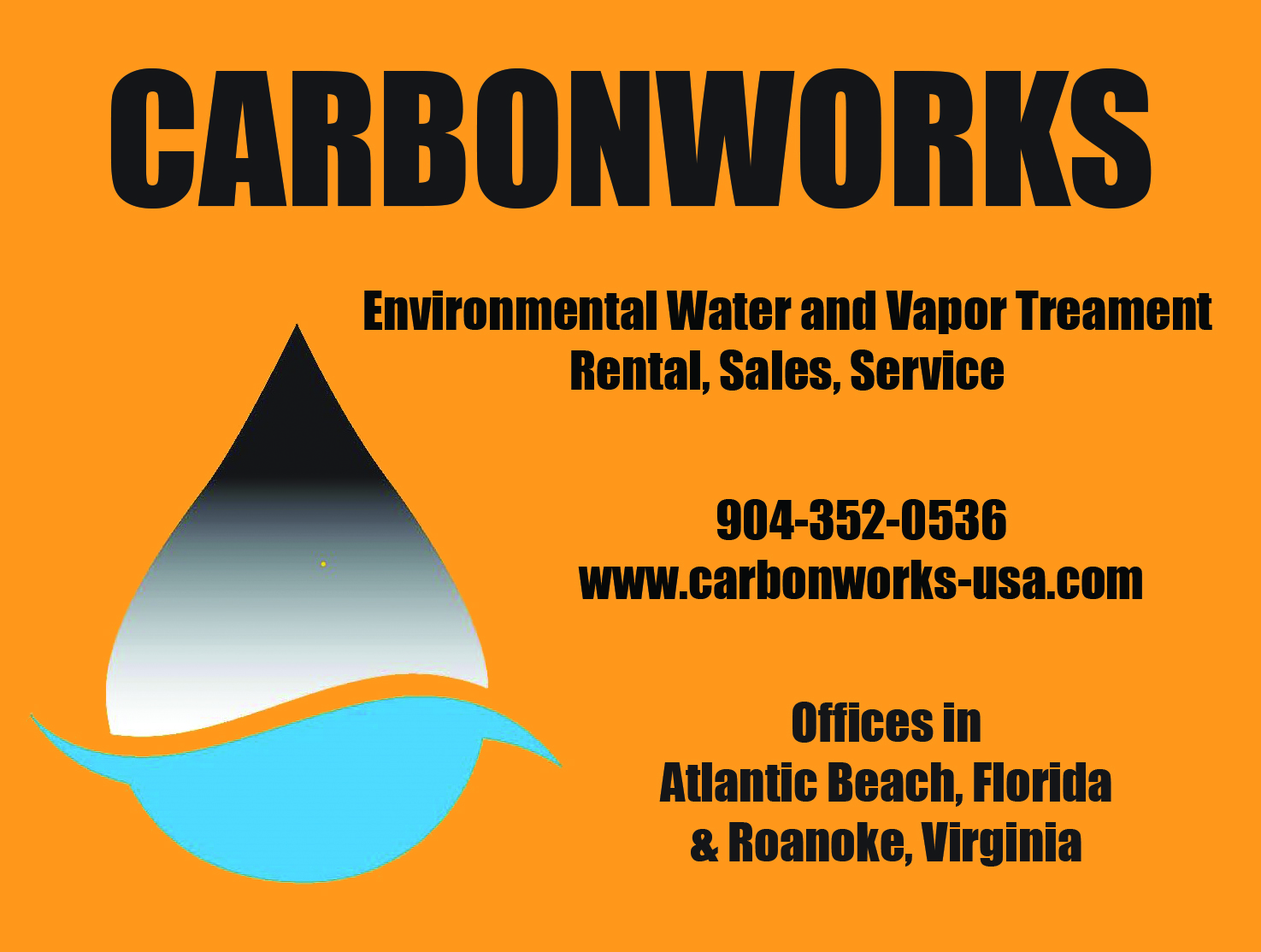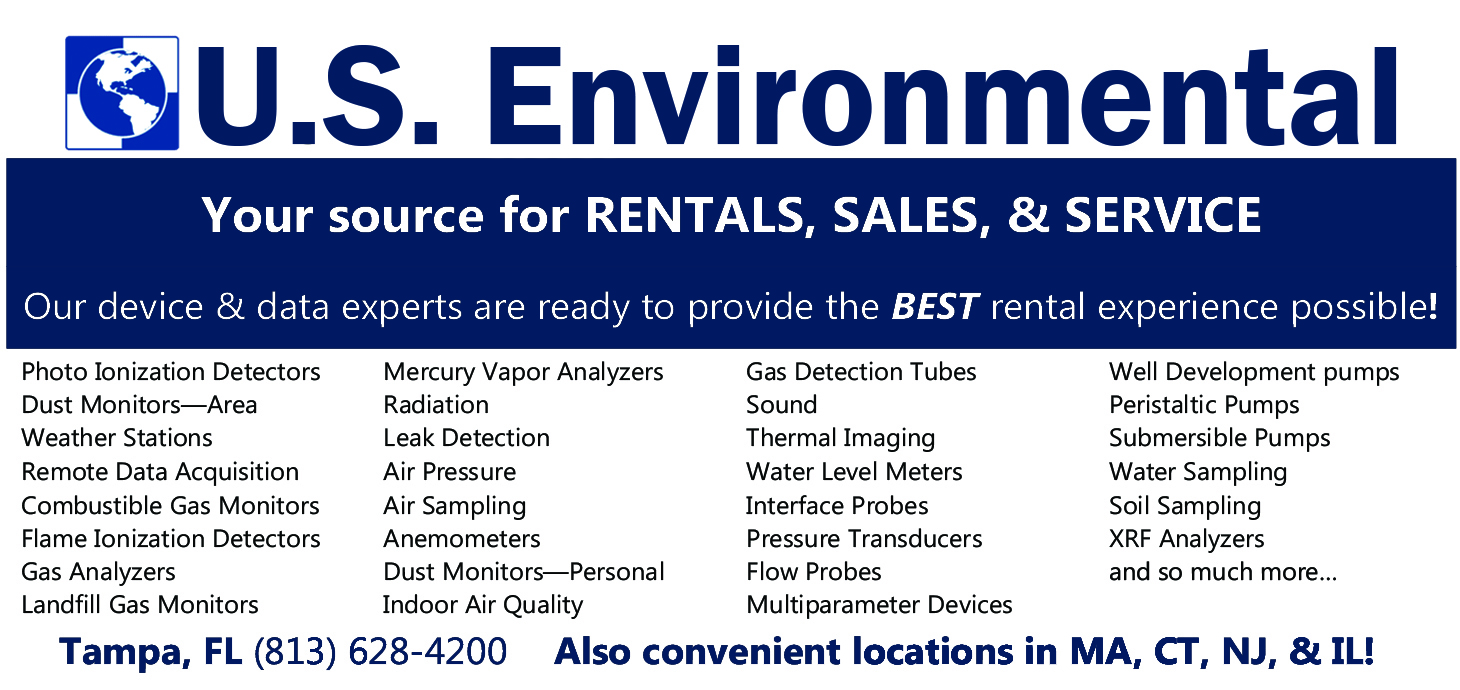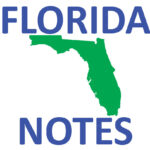
The National Academies Report Offers New Approaches for Municipal Solid Waste Recycling
The National Academies of Sciences, Engineering, and Medicine recently released Municipal Solid Waste Recycling in the United States – Analysis of Current and Alternative Approaches. The study explores the contemporary issues facing municipal solid waste recycling programs and lays out recommendations and policy options to chart a path forward.
The Academies recognize that this type of recycling serves an important function for manufacturing supply chain, public health, and pollution mitigation. They report that in recent years, challenges facing municipal solid waste recycling programs, especially economic-based challenges, have led some municipalities to stop funding recycling programs altogether. According to the study, the United States generated approximately 292 million tons of MSW annually, most of which (about 68 percent) was not recycled or composted.
The report, produced at the request of Congress, reviews available information on MSW recycling programs in municipal, county, state, and tribal governments and provides advice on potential policy options for more effective implementation. The Academies found well-designed and supported MSW recycling programs hold many economic and environmental benefits.
The report is available for review for free at the National Academies Press. https://doi.org/10.17226/27978.
The Saint Johns Riverkeeper Actively Implementing Resilient Ribault Project

St. Johns Riverkeeper and scientists from Jacksonville University’s Marine Science Research Institute are conducting a two-year Environmental Quality Assessment of the Ribault River and Moncrief Creek watersheds. The assessment includes the Ribault River, Trout River, and Moncrief Creek watersheds as part of the Resilient Ribault project.
The project is being undertaken to improve water quality, community health and neighborhood resilience by evaluating environmental and water quality problems, identifying sources of pollution, and implementing solutions. Resilient Ribault is a pilot program the Riverkeeper plans to use to address other vulnerable tributaries and their watersheds in the future.
Funding for the project has been made available by a grant from the City of Jacksonville’s Environmental Protection Board.
Although septic tank phase-outs and stormwater infrastructure improvements are underway, Ribault River and Moncrief Creek continue to face water quality challenges, including notable long-term fecal coliform contamination. The Riverkeeper team is conducting monthly fecal bacteria sampling at eight sites, and will continue to do so for two years. At sites with chronically high bacteria levels, a more intensive investigation will be conducted to identify the sources.
Florida Power and Light Uses Storm Pods for Engineering Response to Hurricanes
FPL “Storm Pods” assist staff in responding to storms. Storm Pods are shipping containers modified to be a mobile office and communication trailer following storm landfall.
FPL’s Emergency Response Team pre-positions Storm Pods and other equipment across the state ahead of every storm. This proactive approach helps to speed restoration following storms by giving field crews a place to check in, a place to work and a place they can communicate back to the FPL Command Center, the hub of all restoration efforts.
Charles Leitner and several other FPL employees were sheltered locally and were able to quickly occupy their storm pod after Hurricane Ian.
“We deployed Storm Pods above and below Tampa thinking even if the storm goes a little farther north or south, we are out of harm’s way and in the area,” he said. “Instead of being on the outskirts of the storm, we were actually dead in the center of [Hurricane] Ian.”
Leitner notes in the early 2000s it would take a week to set up comparable facilities. FPL stays ahead of the curve by consistently improving their pods. Three years ago, FPL started experimenting with satellite high-speed communication inside Storm Pods to make that communication faster and easier.
Subsequently FPL responders came up with an idea to use DC power inside Storm Pods rather than traditional AC power, which required time to restore. FPL took that idea one step further by adding solar panels to the top of one Storm Pod ahead of the active 2024 hurricane season. That step allowed the IT equipment to be up 24/7, with zero setup.
Miami-Dade’s “Water is Life” Campaign Named Nation’s Best
The US Water Alliance recently awarded the Miami-Dade Water and Sewer Department the prestigious Outstanding One Water Communication Award. The award delivers national recognition to the Department’s “Water is Life” campaign. This award acknowledges the campaign’s storytelling, creative engagement strategies, and its success in elevating public awareness about water conservation and stewardship.
The “Water is Life” campaign was selected for its innovative approach to public education, promoting water literacy and conservation throughout Miami-Dade County. The U.S. Water Alliance praised the Department’s ability to connect with a diverse community while emphasizing the essential role water plays in daily life.
The campaign uses a variety of tools, including digital media, strategic partnerships, and grassroots outreach, to promote the value of water among Miami-Dade County residents. The campaign was initiated in 2023 with the mission to engage residents and customers by strengthening their connections with water, highlighting each person’s unique experiences with this vital resource.
Northwest Florida Wildlife Rescue Centers Celebrate NextEra Energy & FPL Baby Shower Gifts

Baby wildlife season is in full swing, and wildlife rescue centers are overflowing with tiny, sick, injured, or abandoned baby birds and animals requiring attention and care. To assist wildlife in northwest Florida, three nonprofit rescues recently received $25,000 each from the NextEra Energy Foundation and Florida Power & Light Company to support baby wildlife during the peak season.
The recipients, Panhandle Wildlife Rescue, Wildlife Animal Sanctuary of Northwest Florida, Emerald Coast Wildlife Refuge and similar nonprofit advocates depend on corporate and private partners for financial support, supplies and food donations as part of their community partnerships.
Pascal Robin, executive director for Emerald Coast Wildlife Rescue, emphasized the urgent need for the donation.
“We’ve already cared for more than 850 wildlife patients this year at our center alone,” Robin said. “This generous support strengthens the medical care we provide for both juvenile and adult animals, while also enhancing the overall health of our region’s ecosystem.”
The majority of rescues are delivered by wildlife-loving citizens. Native wildlife comes from nearly every county in Northwest Florida to these three nonprofits that operate on donations or sponsorships. NextEra Energy notes each of the awarded nonprofits will take in 2,000 to 4,000 wildlife patients this year with the goal of releasing them back into their native habitats.
Tallahassee Utilities Recognized for Reliability and Leadership
The Florida Municipal Power Agency has honored the City of Tallahassee Electric & Gas Utility for delivering enhanced reliability to its customers. Tallahassee received two Florida Public Power Reliability Awards, including the Momentum Award for the greatest percentage decrease in annual average outage duration and recognition for achieving a reduction of ten percent or more in annual outage duration.
“As Florida’s fourth largest municipal electric utility, we are proud to be recognized for our reliability,” City Manager Reese Goad said. “Enhanced reliability is a result of our commitment to strategic, forward-looking investments in infrastructure and the exceptional capabilities of our highly skilled workforce. As we continue to deliver dependable electric service to Tallahassee businesses and residents today, we are simultaneously preparing for the energy demands of the future.”
Port Saint Lucie All American City Award Winner

Port St. Lucie has been recognized as one of ten All-America City Award winners. The National Civic League presented this honor to recognize Port St. Lucie’s work to actively engage residents in the pursuit of environmental goals. Communities throughout the nation submitted written applications describing their efforts to bring people together, create positive change, and build thriving, resilient communities. Twenty finalists were selected of which Port St. Lucie was named one of the ten winning communities.
City sustainability efforts include one of the nation’s largest septic-to-sewer conversion programs and Naturally PSL, a community-led initiative to preserve 744 acres of green space. Port St. Lucie also highlighted the McCarty Ranch filtration system, which treats six billion gallons of water annually.
The City’s Conservation Corps program, robust public engagement, regional climate partnerships, and grassroots programs like cleanups and tree giveaways are also part of their environmental stewardship.
FWC Proposes New Management Framework for Apalachicola Bay Oyster Harvesting
The Florida Fish and Wildlife Conservation Commission (FWC) recently proposed a new management framework for commercial and recreational oyster harvest in Apalachicola Bay. The Commission also considered updates for rules that will apply statewide.
Oyster harvesting has been suspended in the Bay for the past five years. FWC staff recommended Apalachicola Bay’s oyster fishery be reinstated with annual harvest levels based on oyster abundance to protect ongoing reef recovery. The proposed statewide rule updates will help minimize reef loss and promote good harvest practices.
“We want to be able to get as many boats back in the water as soon as possible, while supporting the bay’s continued recovery and sustainability,” said FWC Commissioner Preston Farrior.
Limited opening of Apalachicola Bay recreational and commercial harvest criteria include establishing a process to set annual harvest levels for specific reefs in the bay that meet a minimum threshold of oyster abundance and creating an initial harvest season between Jan. 1 and Feb. 28, 2026, and then continuing with a normal fall season between October and February.
A Commercial Apalachicola Bay Endorsement would be required to commercially harvest oysters from the Bay. Qualified applicants will have an opportunity to participate in the 2026 season. The number of participants in the first year will set the cap for subsequent seasons.
FWC will establish an Apalachicola Bay Recreational Opportunity (ABRO) Permit for recreational harvesters who will be selected through a lottery process and reporting requirements will be set for both recreational and commercial harvesters.
SFWMD Releases 2025 NEEPP Everglades Annual Progress Reports and Watershed Protection Plans
The South Florida Water Management District this summer updated the 2025 Northern Everglades and Estuaries Protection Program (NEEPP) annual progress reports and watershed protection plan updates for Chapters 8A through 8D.
The District and partners, FDEP and FDACS, are jointly responsible for implementing NEEPP, each with specific areas of responsibility while coordinating together. The agencies are tasked with protecting and restoring surface water resources and maintaining compliance with water quality standards in the Northern Everglades through a phased, comprehensive and innovative protection program that includes long-term solutions based upon the state’s total maximum daily loads.
The Northern Everglades region includes the Lake Okeechobee Watershed, the St. Lucie River Watershed and Caloosahatchee River Watershed and associated estuaries. Each of the programs are watershed specific and consist of research and monitoring, development and implementation of best management practices, refinement of existing regulations, and structural and nonstructural projects, including public works. The programs are driven by FDEP’s Basin Management Action Plans (BMAPs) and are supported by the Watershed Protection Plans (WPPs) developed by the District and integrated with FDEP and FDACS programs to control nutrient sources at the local, subregional and regional levels.
Supplemental basin assessments were completed for each of the three basins for the most recent 5-year period. BMAP updates were considered and the status of projects in each of the basins were updated. The overall NEEPP report contains updates on watershed construction projects and updates on other regional projects.
The full reports are available at: Northern Everglades Watershed Protection Plans (WPPs) | South Florida Water Management District


